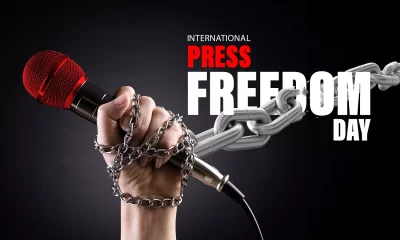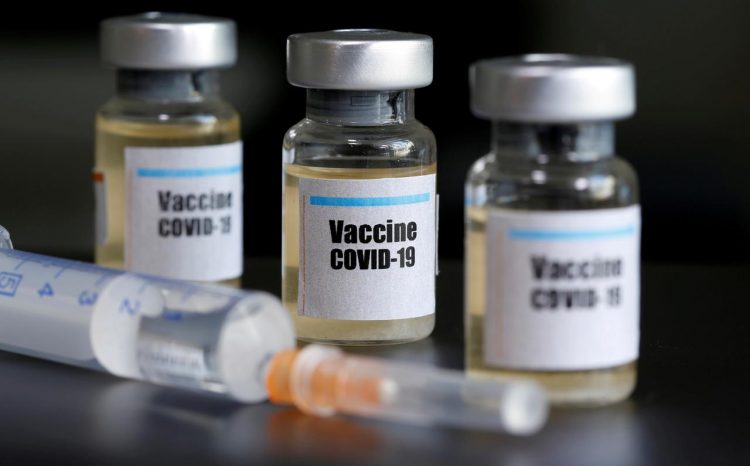African finance ministers have expressed their joint concern over the slowness in accessing Coronavirus (COVID-19) vaccines as they appealed funding for vaccine equity.
In their joint communique issued late Tuesday concerning Special Drawing Rights (SDR) for low-income and middle-income countries, the ministers noted with deep concern the impact of the COVID-19 pandemic on the health of Africa’s populations, the continent’s economies, as well as on the prospects of achieving the global agenda for Sustainable Development Goals (SDGs) and Africa’s 50-year continental Development Agenda 2063.
“We are disappointed by slowness in accessing vaccines and funding for vaccine equity,” the ministers said in their joint communique.
They emphasised that without rapid access to vaccines, the tidal wave of new coronavirus infections would overwhelm Africa’s fragile health systems, decimate limited human resources, and set back the continent’s recovery from the brunt of COVID-19.
They stressed that the impact of the pandemic on African economies had been devastating, noting that for the first time in a quarter-century, African economies were in recession.
“Our fiscal buffers are now truly depleted,” the ministers said, adding that African countries were now allocating significant proportions of their budgets to implement policies that respond to the impact of extreme weather events, including droughts, floods, crop failures, and infrastructure destruction.
They noted that such unwanted developments have undermined the economic outlook of several African countries, triggering credit rating downgrades in at least twelve African countries.
Six African countries, including Sao Tome and Principe, the only African country set to graduate from LDC status, are now in debt distress.
They stressed that swift, bold, and positive response on Special Drawing Rights (SDRs) in the range of 500 billion to 650 billion U.S. dollars was needed to arrest the devastating impact of the crisis on the continent.
The ministers commended the Group of 7 (G7) countries for instructing the International Monetary Fund (IMF) to take further action in this regard on March 19 and urge all partners to support the G7’s position on SDRs.
They further requested the G7 to support an on-lending mechanism that channels, on a mutually agreed basis, SDRs to low-income and middle-income countries.
They noted that IMF’s Poverty Reduction and Growth Trust (PRGT) should be considered for this purpose, since funding the PRGT with SDRs will facilitate additional financing for urgent country priorities in light of the crisis, including the acquisition of vaccines by low-income countries.
The SDRs can also be used to acquire vaccines and increase market re-entry access for eligible countries, it was noted.
They further affirmed that Africa is committed to implementing the necessary reforms needed to promote transparency and accountability both in the mobilization and use of domestic and external resources and in the management of debt.
They, however, stressed that global support is needed to continue the battle against illicit financial flows (IFFs), particularly in the area of big data analytics, machine learning, and neural network programming, which provide an array of tools and methods to better predict illicit behavior and measure IFFs more accurately.
As of Wednesday noon, the number of COVID-19 cases in Africa reached 4,148,866, while the death toll due to the pandemic stood at 110,524, according to the latest figures from the Africa Centers for Disease Control and PreVention.

 Health1 week ago
Health1 week ago
 Football1 week ago
Football1 week ago
 Education6 days ago
Education6 days ago
 Crime1 week ago
Crime1 week ago
 Comments and Issues5 days ago
Comments and Issues5 days ago
 Comments and Issues6 days ago
Comments and Issues6 days ago
 Football6 days ago
Football6 days ago
 Energy6 days ago
Energy6 days ago

